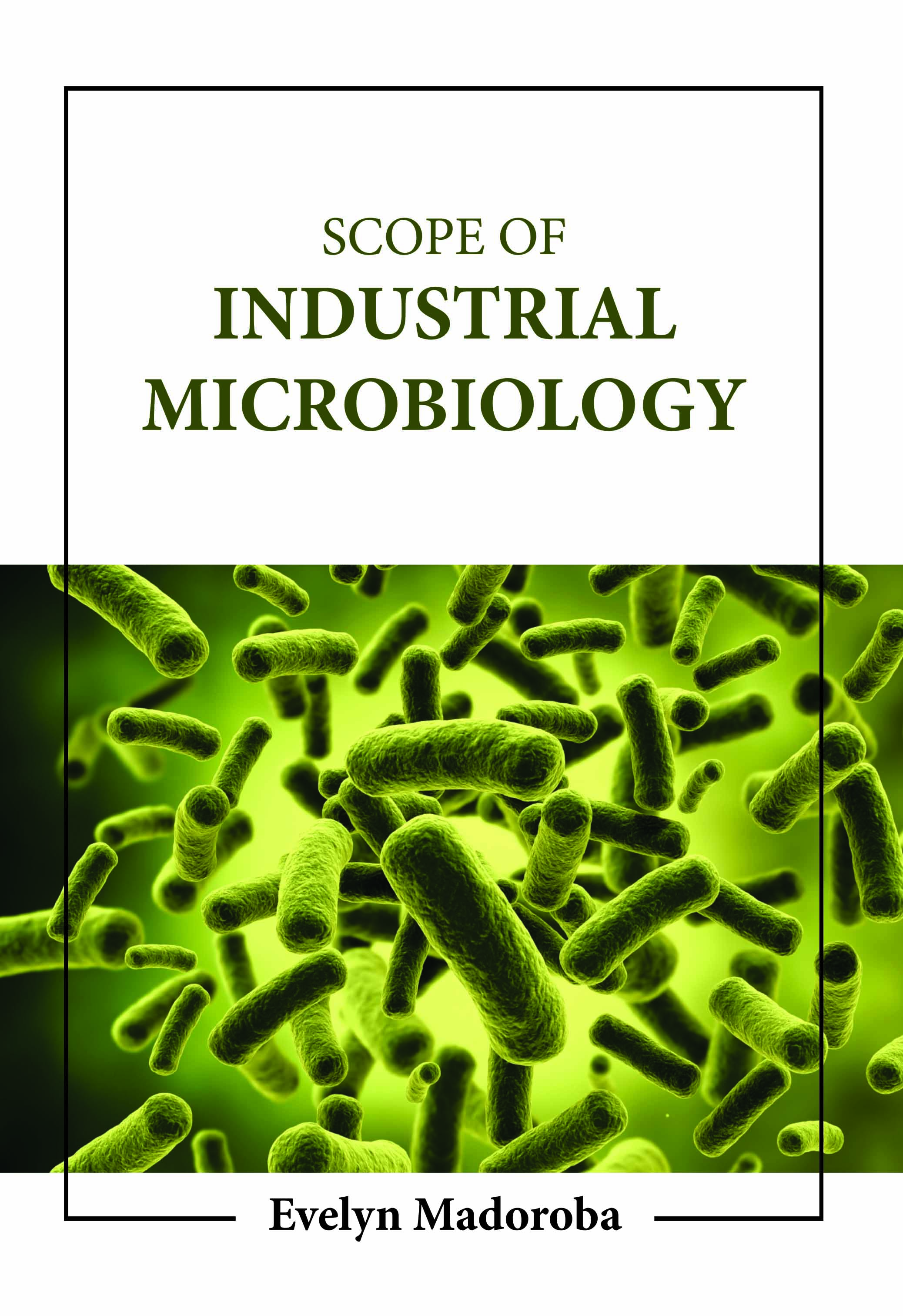
Scope of Industrial Microbiology
by Evelyn Madoroba
| ISBN | 9781806241729 |
|---|---|
| Publisher | Digital Drive Learning |
| Copyright Year | 2026 |
| Price | $255.00 |

by Evelyn Madoroba
| ISBN | 9781806241729 |
|---|---|
| Publisher | Digital Drive Learning |
| Copyright Year | 2026 |
| Price | $255.00 |
Industrial Microbiology is a subfield of applied microbiology that studies the use of microorganisms in industrial processes, such as creating high-value goods like pharmaceuticals, chemicals, fuels, and power. By addressing all the key concepts in a straightforward, consistent, and methodical manner, Industrial Microbiology offers a structured approach to learning. The study of new organisms and biological processes, like those that lead to the development of antibiotics, is a component of industrial microbiology. For instance, microbial fermentations involving actinomycetes, a class of organisms, produce the majority of antibiotics. Baking, the creation of alcoholic beverages, and the generation of biofuels all utilize other species, like yeasts. Other microbes produce organic acids and the enzymes needed to make different sugars, amino acids, detergents, and consumer goods/specialty chemicals. For instance, the sweetener aspartame comes from amino acids generated by microbes. Industrial microbiologists may also carry out the bioremediation of contaminated air, soil, and water. Industrial microbiology deals with the large-scale utilization of microbes in producing industrial goods or food. Industrial microbiology uses various microorganisms, including naturally occurring organisms, mutants identified in laboratories, and even species that have been genetically altered (GMOs). The argument against using genetically modified organisms (GMOs) in food supplies is gathering strength, with more and more defenders on either side. But today's culture has a long history of using microbes for industrial purposes. The following sections briefly describe the many microorganisms used in industry and the functions they serve. Prokaryotic bacteria known as archaea are a particular variety that can maintain populations in uncommon and often severe settings. The book describes how microbiology advancements have influenced modern advances and industrial processes. It also considers the field's future, examining what must be done and the current procedures in the industry.